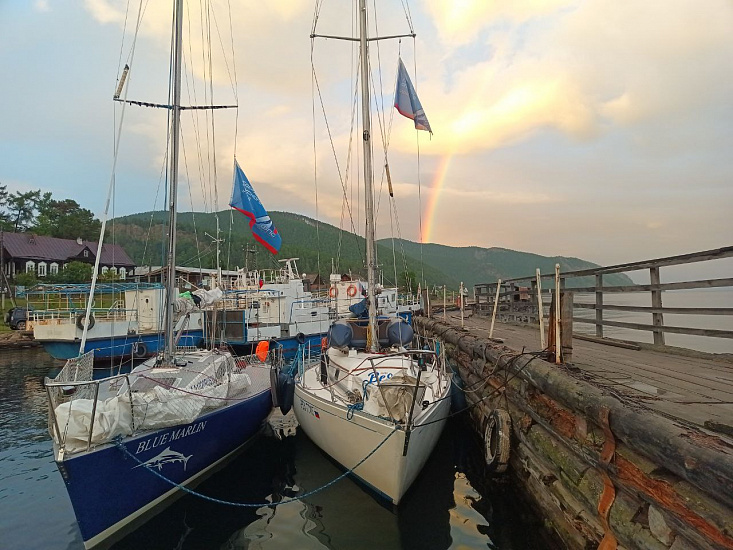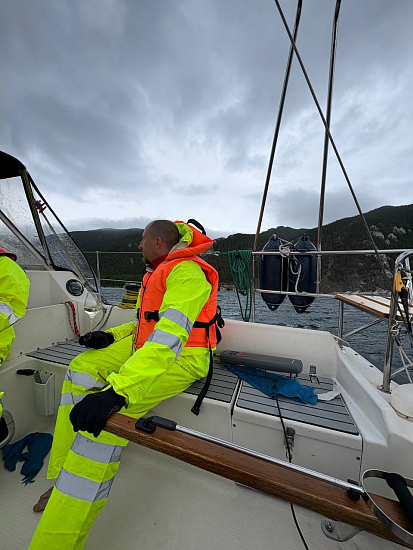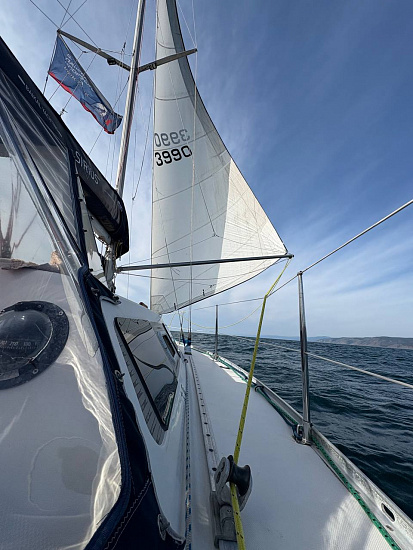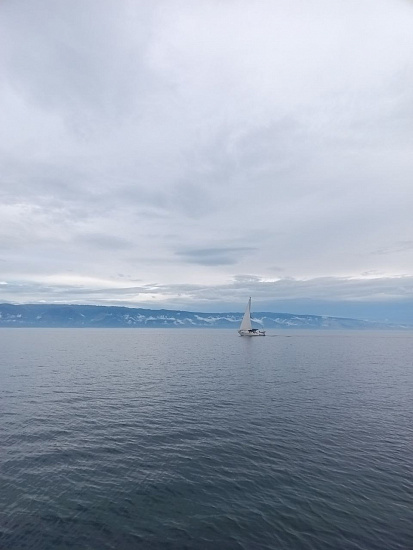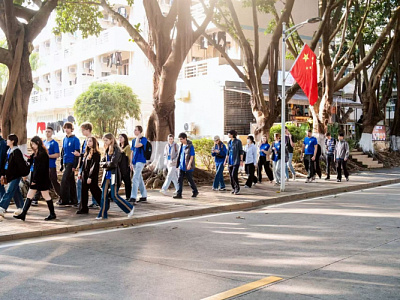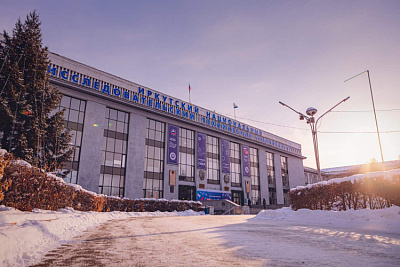INRTU and the Irkutsk Region Sailing Federation Established Student Sailing League
INRTU and the Irkutsk Region Sailing Federation have established a student sailing league in a unique format. The first competitions will take place on September 14 at the “Politechnik” sports and health camp.
On September 8, the Siberian School of Geosciences (SSG) of INRTU and the Irkutsk Region Sailing Federation signed an agreement to create the “Baikal Student Sailing League” consortium as part of the university’s development program.
The consortium was initiated by the Siberian School of Geosciences, which trains specialists in Earth and environmental sciences requiring competencies for work on water bodies. The institute also develops equipment for marine research and implements academic and commercial projects on Lake Baikal, in other regions of Russia, and abroad.
Under the agreement, SSG INRTU and the Irkutsk Region Sailing Federation will jointly organize student training in managing sailing and sail-motor vessels, as well as promote sailing and sailboats as the most environmentally friendly options for the Baikal region. The parties also aim to develop the university’s research fleet.
Alexander Parshin, Scientific Supervisor of SSG INRTU and ISSA Inshore Skipper (international coastal yacht captain), believes that graduates must be prepared to work in any conditions—on land and on water.
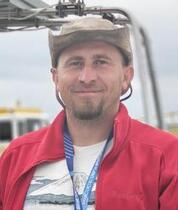
“Every year, the number of scientific and educational projects organized by our university and its partners on Lake Baikal increases. It has become clear that renting vessels is not feasible, and the Siberian School of Geosciences needs its own small research fleet.
Since one of the institute’s principles is minimizing environmental impact, we cannot use old Soviet-era boats or transport vessels in our academic programs. The high seaworthiness of sail-motor yachts will enable us to explore any part of the water area and utilize our equipment.
We will demonstrate that serious tasks on Lake Baikal can be accomplished using sailing vessels. At the same time, we want to draw attention to one of the main threats to Baikal’s natural environment, the rapid growth and use of motorboats in private and tourist fleets, whose impact on the aquatic environment is currently extremely difficult to control,” said Alexander Parshin.
The Irkutsk Region Sailing Federation will help INRTU students organize ongoing training for qualified student crews, who can develop and enhance their skills through competitions at various levels.
As noted by Alexey Borovik, Chairman of the Irkutsk Region Sailing Federation, the children’s and sport-cruiser fleet of the ORC (Offshore Race Congress) class is currently thriving. In his opinion, it is important to create a Student Sailing League in the region because the Irkutsk Reservoir and Lake Baikal are among the world’s most fascinating yachting destinations:
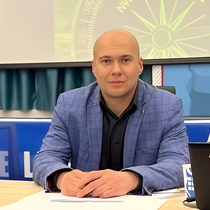
“My colleagues and I are using an original sports development format that incorporates practical applications of athletic skills for research tasks. This approach will promote sailing among students and other age groups. It is equally important that children currently engaged in sailing sections can continue this sport when they become students.
The creation of the student league could lead to positive changes in developing infrastructure for cruise yachting on Lake Baikal, which is more environmentally friendly than using solely motor vessels”.
Alexey Borovik hopes that student teams will worthily represent the Irkutsk Region in competitions at various levels:
“I should note that student leagues typically compete on small sports yachts, but we are also emphasizing cruiser vessels applicable beyond pure sports”.The Baikal Student Sailing League is organized as a consortium (simple partnership). The founders hope that other universities in the Baikal region and organizations, willing to contribute to the development of student sailing, will join.
Next year, the educational internships of INRTU Siberian School of Geosciences students in the Baikal region will include sections on marine geophysics and geoecology, and research programs such as “Baikal, the Pearl of the World” will become longer and explore remote, highly interesting parts of the Lake Baikal geosystem.
